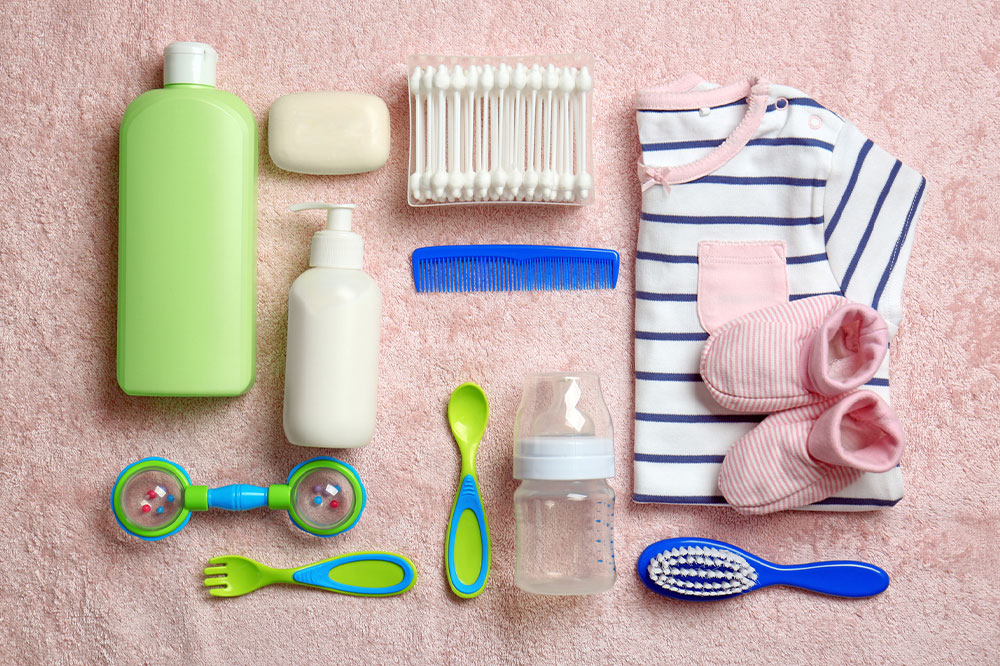
Essential baby care tips for first-time parents
Being a parent is a full-time responsibility. Right from day one, you need to take care of everything, from the baby’s nutrition to their hygiene and grooming. Given how complex caring for a newborn can be, it’s normal for anyone to feel a bit overwhelmed. With that in mind, we listed some valuable tips on baby health and personal care to make your job as a parent smooth and easy.
Handling the newborn
Newborn babies are still developing their bones, muscles, and vital joints. Their body is vulnerable to the slightest pressure, and they can bruise easily. So, always support the baby’s head by cradling from behind as they don’t have the strength to hold up their head yet. This is critical while picking them up, placing them in the crib, or rocking them in your arms. Also, never move around vigorously while holding the baby. Their skull is soft, and an internal injury caused by rapid movement can result in bleeding within the brain. Always be gentle while holding the little one and carrying them around.
Dental care for babies
Newborns don’t grow out their first set of teeth until the sixth month. Still, oral care should begin on the first day. Before the baby’s teeth arrive, dentists advise using a soft gauze pad or a cloth dipped in water to gently scrub their mouth since their gums and tongue are delicate. Once teeth appear—usually in sets of two, starting with the front molars—it’s safe to brush using a fine, soft-bristled toothbrush. But use toothpaste cautiously, as the dentist recommends; babies don’t need a lot of foam to keep their teeth clean. These simple dental practices can help prevent cavities and lower the risk of early tooth decay.
Baby personal hygiene tips and skincare
First-time parents must be careful when developing a skincare routine for newborns and infants. At such an age, the skin is soft and can easily bruise with the slightest pressure. You should avoid some common baby bathing mistakes that first-timers make. Firstly, bathe the baby only once or twice a week to prevent drying out the natural skin oils. Also, use a sponge and baby-safe soap/body wash during the first few days. After the bath, dry the baby well, as they can quickly catch a cold with a wet head. Finally, wash the baby’s clothing and accessories, including bath towels, diapers, and washcloths.
Baby care products
The first three to four months are critical for a newborn’s health and development, and parents should be well-prepared to take care of the baby’s needs. Ensure to purchase nursery furniture, baby linens, babyproofing kits, feeding gear, diapers, hygiene products, and essential travel accessories like the car seat and stroller. As the baby grows, you can shop for age-appropriate toys and entertainment gear to promote learning and development from a young age.
Besides following these tips, find a pediatrician who can be your first point of contact for baby health and personal care needs. A good doctor will suggest remedies for baby health issues and develop a proper nutrition plan that can be easily incorporated as a preventive care strategy.




